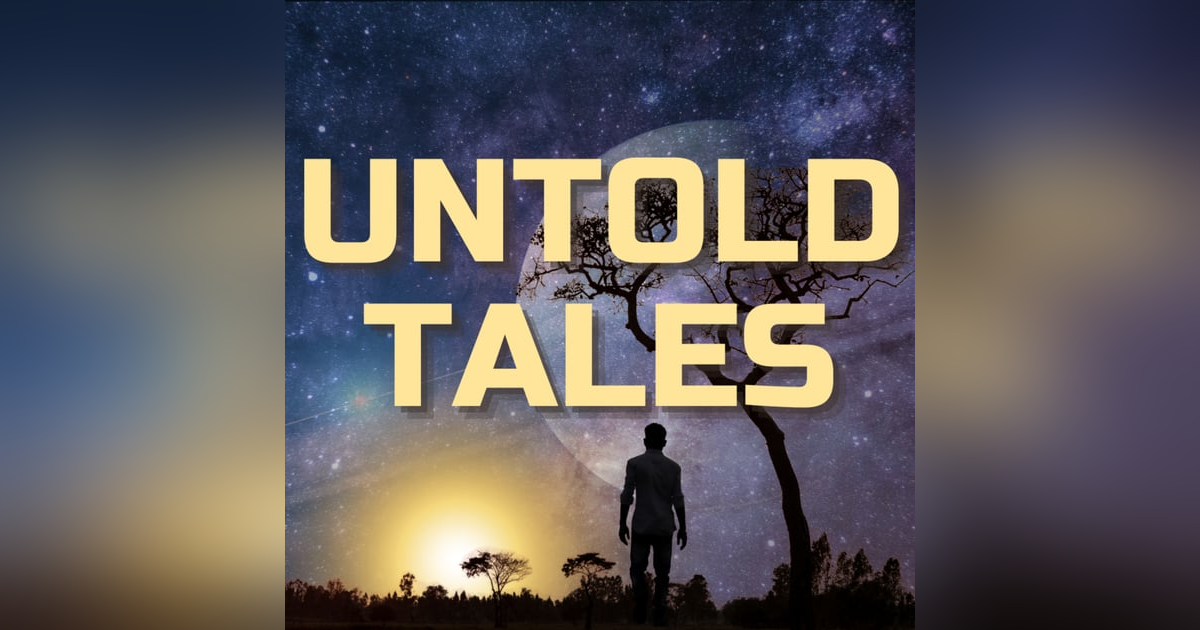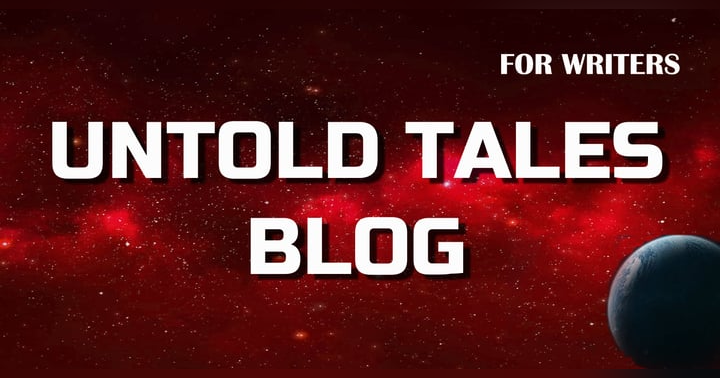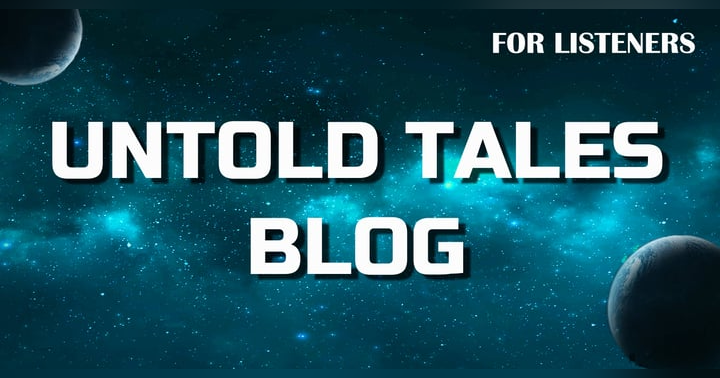Good SF is Not About Technology

A lot of people think that good science fiction is all about technology.
The truth, however, is that it is not.
Good science fiction is not really about science, at all.
Sadly, many writers think this is true and focus a great deal of their effort explaining how their star drive works, or their weapons, or the new gadgets or inventions that are in their story. Unfortunately, when writers focus on these things, they often take good ideas and create tales that are shallow and superficial. Their attention to technology generally detracts from the overall piece and, while the author may think these details are important, they usually are not.
The heart of good science fiction is basically a just good story; a love story, or a murder mystery, a who-done-it, a theft, a rescue, or an adventure.
The science and technology is just the setting, the venue, or the excuse for the story. In good SF, the science and technology should just be window-dressing or a fanciful enabler to frame the tale in a unique setting or to amplify conflicts and personal interactions, growth and change, discovery and loss, empathy and pathos.
The focus of well-told (or well-written) tales should be on the characters, not the tech; the action and plot, not the weapons or the spaceships; the conflicts, challenges, hopes, and dreams of the people that are introduced, not time machines or futuristic weapons or contraptions (though they can add color and flavor to the stew).
Good science fiction challenges readers to think, often about topics they never considered before. Quality SF remains, fundamentally, as a well told tale that is interesting and offers an immersive piece of fiction that takes the reader to unexpected destinations, or even to familiar ones with novel new elements.
In some of my science fiction short stories, I tell about characters in situations that challenge them to make the right decisions (Turn in the Road). Or sometimes I describe people who are the same, but very different (Lucid Dreams). In A Failure to Communicate you will read about a first contact situation between humans and aliens, when neither of them realizes that the other is intelligent at all. The Timepiece is about temptation and power and how it can affect our lives. Dialogues challenges us to reflect on different perceptions about time, identity, communication, and meaning. Ripples in Time is a tragic love story. Timely Warning offers a cautionary tale about how what we believe can shape our destinies and how lies are often more powerful than truths. Dreamtime is a story of hope and loss, discovery and wonder.
While elements of science are almost inevitably in such stories, it is not the technology that makes any of these stories good.
To be a good science fiction author, you need to be more of a storyteller than a technologist.









